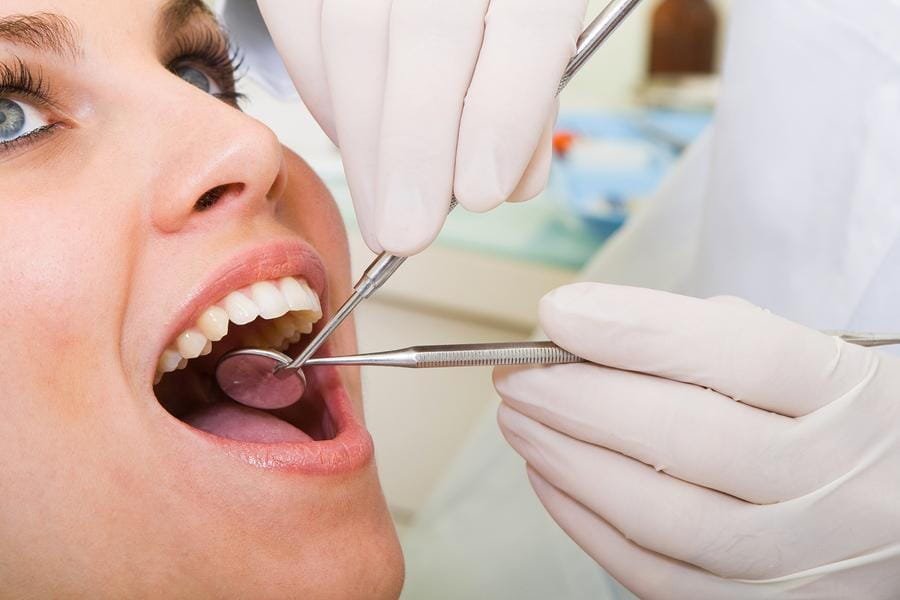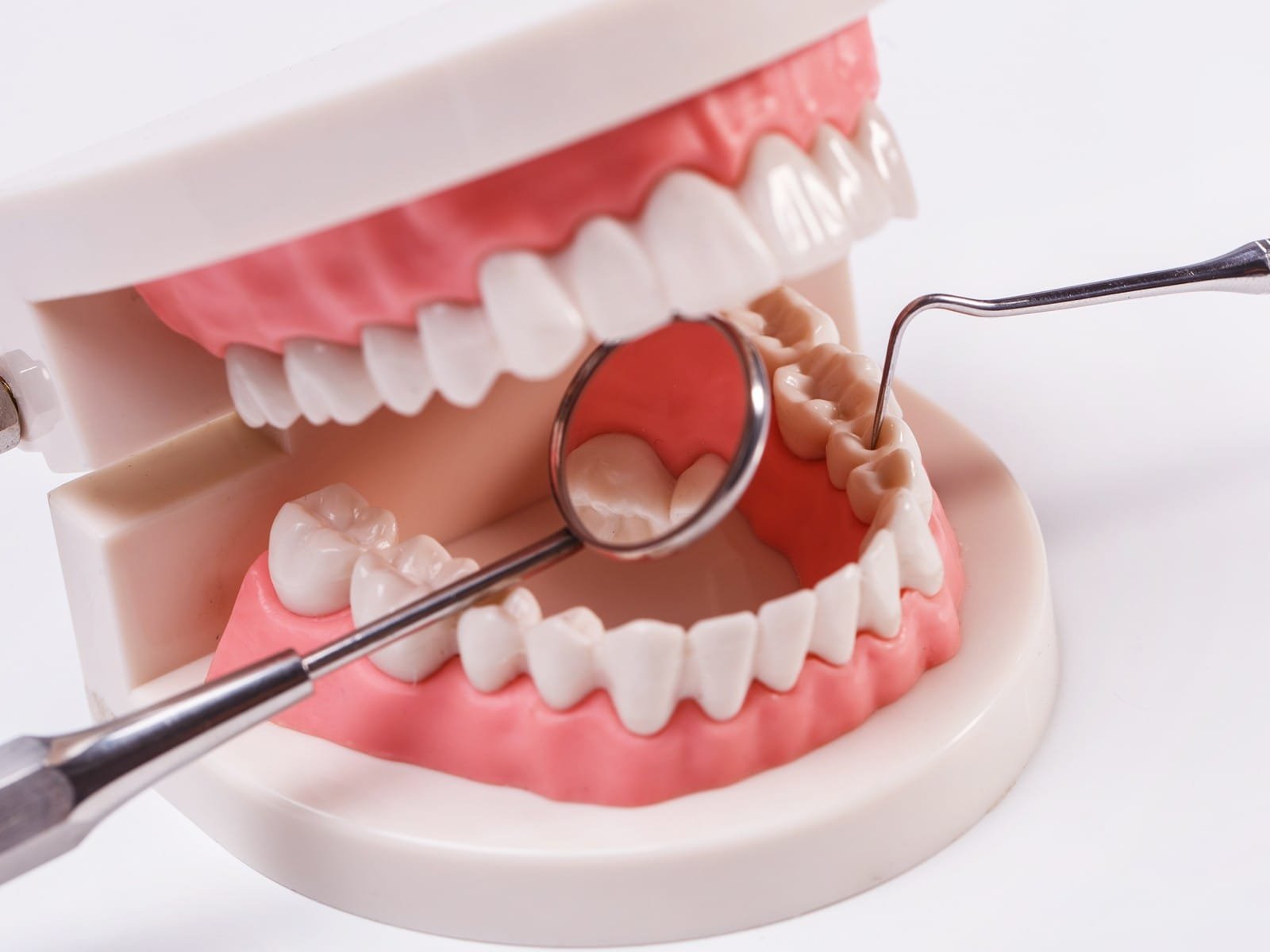When you visit a dentist in Birmingham, MI, pay close attention to what your mouth reveals during a cleaning. Ignoring certain signs can lead to bigger problems down the line. Your mouth often sends signals that should not be brushed off. It’s crucial to identify these warnings early, preventing unnecessary issues. Dentists focus on more than just clean teeth. They look for signs that could signal something more serious. Stay alert to protect your oral health and well-being. Your dental visit is an opportunity to catch problems before they escalate. In this blog, we will explore three critical signs to watch for. Recognizing these signals can save you from pain and costly treatments. Remember, your dentist is your partner in maintaining a healthy smile. Don’t miss these important cues during your next visit. Recognizing them early can make all the difference for your well-being.
Gum Bleeding
Bleeding gums during a cleaning might seem minor, yet they are a cause for concern. This can indicate gingivitis, the first stage of gum disease. If untreated, it can develop into periodontitis. You may experience redness, swelling, or discomfort. These are signs of infection that, if ignored, can lead to tooth loss and bone damage. It is essential to address this early.
Good dental hygiene and regular cleanings help combat this issue. Brushing twice daily and flossing once a day can make a difference. For further guidance, refer to this insightful CDC guide on oral health.
Tooth Sensitivity
Feeling sudden pain when consuming hot or cold foods can be a sign of tooth sensitivity. This can point to worn enamel or an exposed tooth root. Sometimes it signals a cavity or cracked tooth. It’s important not to ignore this feeling. Identifying the cause can prevent further damage. Treatments vary depending on the cause, so a dentist’s opinion can provide clarity.
To address sensitivity, consider using toothpaste designed for sensitive teeth. Avoiding acidic foods and drinks can also help. For a deeper understanding, you can explore the American Dental Association’s resource.
Persistent Bad Breath
Consistent bad breath, known as halitosis, is more than an inconvenience. It often signals an underlying health problem, like gum disease, cavities, or dry mouth. Sometimes, it indicates something more systemic. Regular dental visits help identify the cause. Ignoring bad breath can lead to worsening conditions.
Maintaining regular brush and floss routines can help reduce bad breath. Drinking plenty of water and using mouthwash can also aid in managing it. This table provides a quick comparison:
Possible Causes | Signs | Solution |
|---|---|---|
Gum Disease | Red, swollen gums | Professional dental care |
Cavities | Tooth pain | Filling or restoration |
Dry Mouth | Sticky feeling | Hydration and specialized products |
Conclusion
Your dental health impacts your overall quality of life. By recognizing these warning signs, you take an active role in your health. Regular dental check-ups provide more than just a clean smile. They are preventative measures that ensure any potential issues are caught early.
By addressing bleeding gums, tooth sensitivity, and persistent bad breath, you can prevent further complications. These signs serve as reminders that oral health is an integral part of your well-being. Your dentist can offer insights and solutions tailored to your needs. Don’t wait until a small issue becomes a significant problem. Stay proactive and informed during your dental cleanings. Your vigilance today sets the foundation for a healthier tomorrow.



